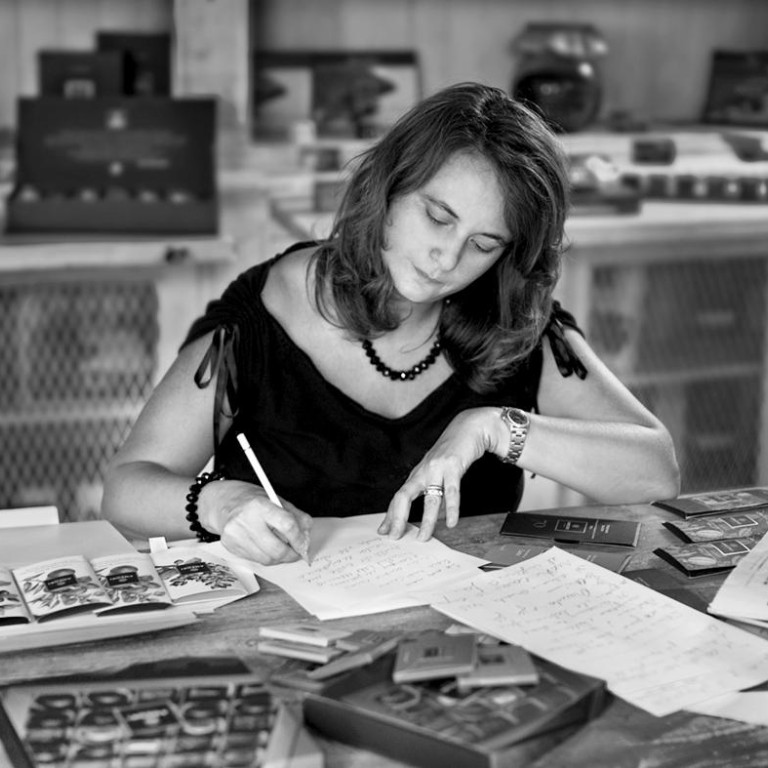
Italian luxury chocolate brand Amedei tests the market with a pop-up store
Hongkongers have a reputation for enjoying the finer things in life, and high quality chocolates are no exception.
Even a price rise of up to 40 per cent this year for the raw materials for chocolate failed to dent local demand for the luxury product.
High-end brands Godiva and Jean-Paul Hévin have been wooing local consumers for years. And now an Italian company, Amedei, is hoping to join them.

Tessieri says Hongkongers' tastes have improved in recent years. "This city is like London - it's an international place and people here are attracted to quality. They are looking for the perfect chocolate. It is a universal product."
Godiva's chef Philippe Daue agrees. "Hong Kong and China are becoming more sensitive to quality," he says. "People are more exposed to high-end chocolates through their travels and their consumption, and they are becoming more sophisticated and demanding."
Local consumers are eating chocolates that are not as sweet, he says, which allows chocolatiers to enhance the natural flavours of the ingredients.
"Some bold [flavour] combinations are on the market," he says. "This is changing because consumers are more aware of the products, the origin of the ingredients and have higher expectations."
As a result, the sourcing and provenance of ingredients, and developing relationships with growers, have become more important for top chocolatiers.
Although high-end chocolatiers tend to collaborate more with South American suppliers, 70 per cent of the world's cocoa comes from West Africa, and problems ranging from disease to political instability are leading to shortages of cocoa butter and higher prices.
Leading chefs are working with chocolatiers to develop new products, including multi-Michelin-star Alain Ducasse, who has opened a chocolate laboratory in Paris.
"It's not only the beans but the processes," says Tessieri. "It's possible to have a little shop and, at the same time, work on an industrial scale. It's about taking those artisanal skills and applying them to large-scale industry."
Hong Kong has a tradition of gifting and this helps the luxury chocolate market, says Hévin. Chocolatiers are capitalising on the city's sense of occasion by creating seasonal or holiday-themed collections for Christmas or Lunar New Year, for example.
Hévin says sharing is central to his lifestyle, so having chocolate as a pleasure to share is important to him. "Through my creations, with my theme collection that I create every year, I try to satisfy this essential aspect of chocolate," he says.
The city's pastry chefs find chocolate a great ingredient to work with. "Chocolate is very versatile and combines with many other luxury products, such as wines, liquors, high quality fruits and nuts, premium teas and coffees," says Daue.
"Hong Kong is the perfect place to bring together the best of all worlds at a high level of quality, and people are aware of that."
Tessieri describes her dark chocolates, which did well at this year's Academy of Chocolate awards in London, as "very elegant".
"There is a movement around the world for eating and drinking better, but less, and I think [quality] chocolate fits this philosophy," she says.
